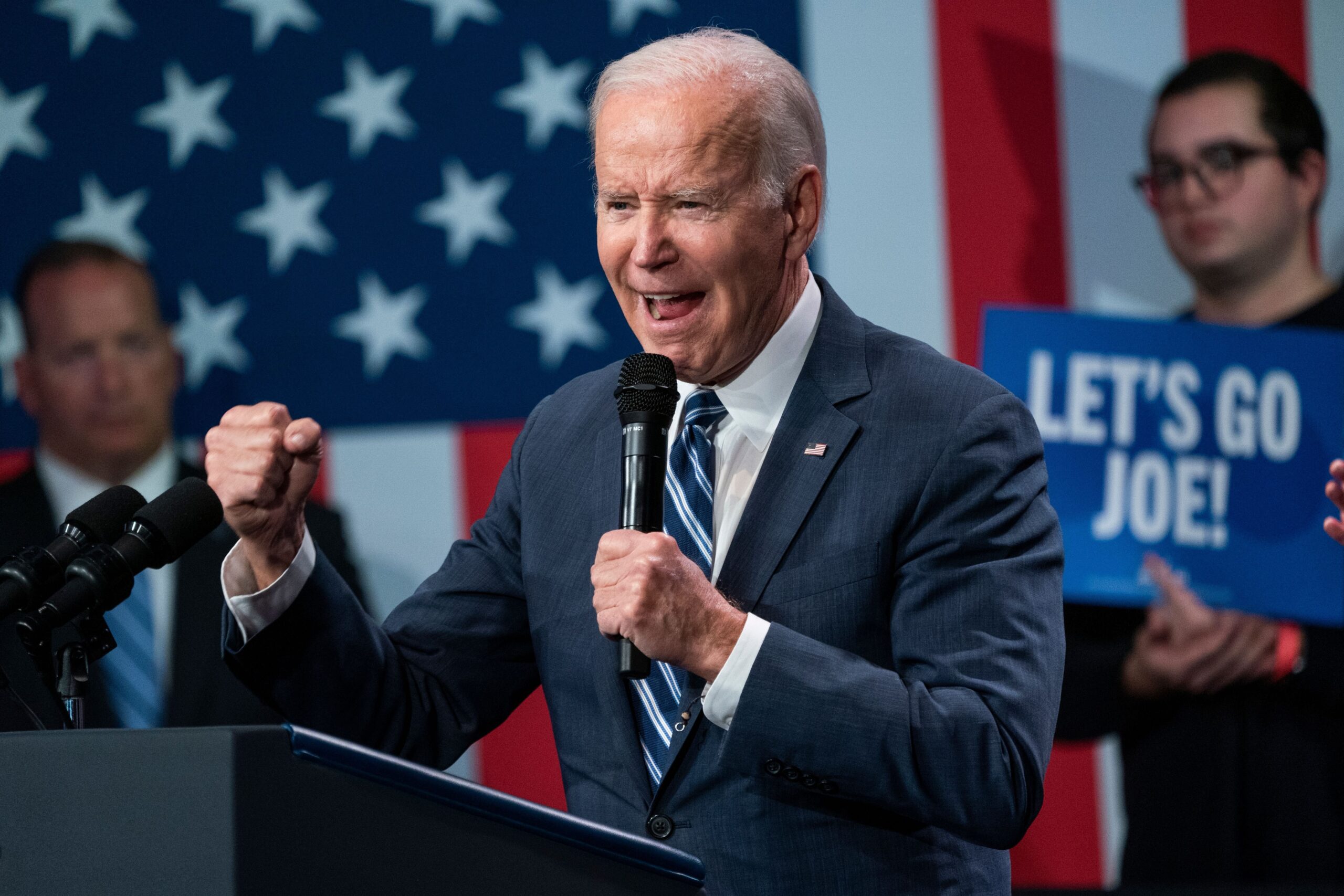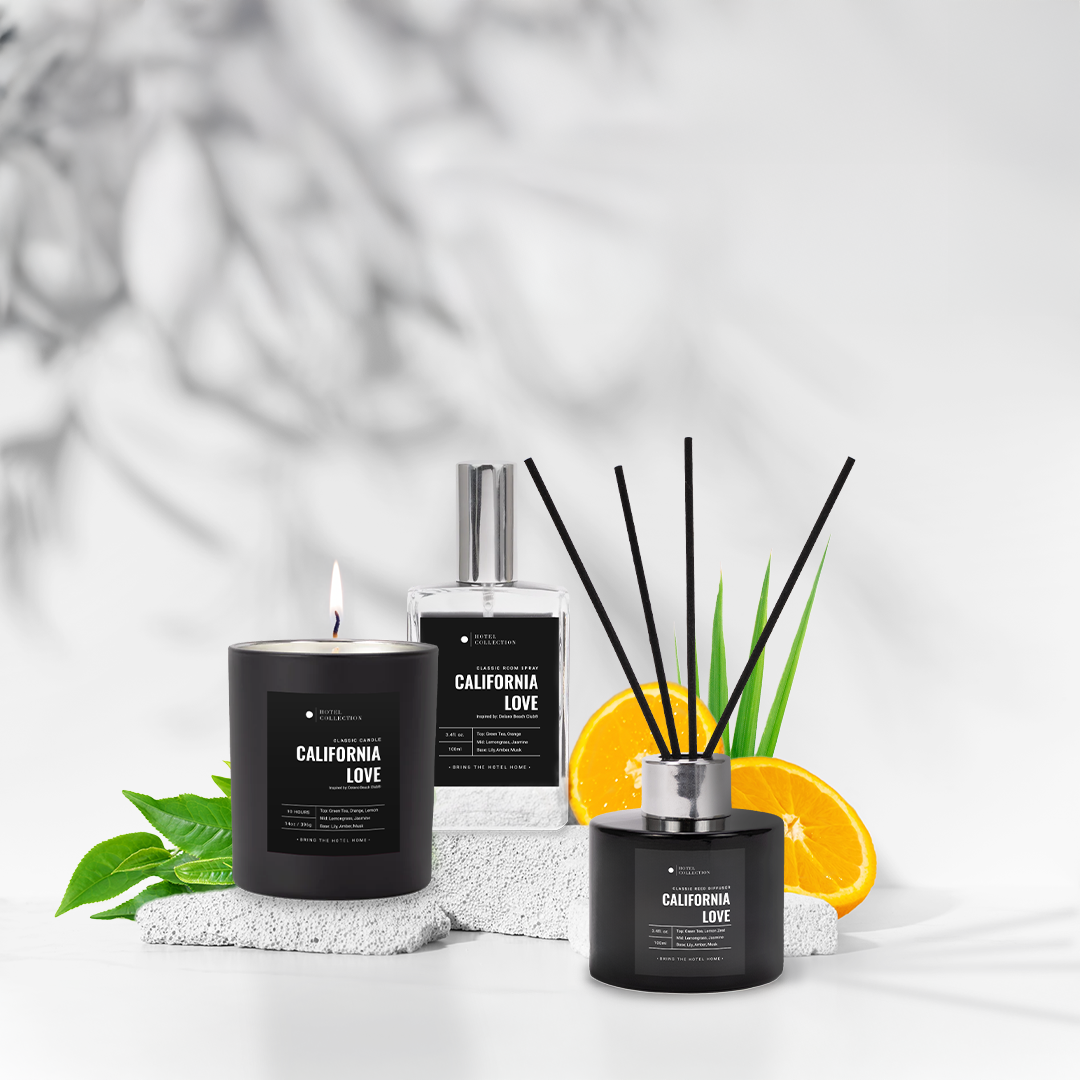
Joe Biden
Photo by Shawn Thew
Like most people I know, I’ve been existing in a state of dread for all of October in anticipation of November 3rd.
In order to spend less time languishing in that dread, I’ve been partaking in small bouts of political activism in an effort to get out the vote. I’ve written the requisite several hundred postcards and made several strongly worded posts.
I’ve also been attempting to call voters. Earlier in the pandemic, I phonebanked for the first time—for progressive candidates in NYC, many of whom won their primaries. Fresh off that success, I felt ready to make some calls for Biden.
So I joined a phone-banking group mostly composed of people who had supported Bernie in the primaries and who don’t love Biden, but who also don’t want to see fascism overtake America. Appropriately named “The Misfits,” the group tried to take a lighter approach to what wound up being a difficult process that proved what everyone already knows: America is bitterly divided.
After a quick training on my first day, we were sent off into the wilderness of Pennsylvania to contact random voters. I would say that around 30% of the time I talked to Biden voters, 30% were Trumpers, 10% were bots or trolls, and 10% were genuinely undecided voters. Here are five of the main types of people I encountered.
Type 1: The Undecided Voter
For those of us who are deeply enmeshed in politics, it can be incredibly difficult to imagine that anyone is still undecided. Biden voters who believe in climate change and devour the New York Times are as unlikely to change their minds as Fox News and Q-Anon devotees.
Those of us who hate Trump tend to really hate him, and we find it incomprehensible that anyone could admire or want to see more of this man–this disgusting, crude, weak little man who has allowed America to collapse into a pandemic and who has given up even trying to stop it. Trump supporters—well, we’ll get to Trump supporters a little later.
But some voters are actually undecided. Several people I talked to sounded like they hadn’t really thought much about the election at all. I couldn’t know what they were experiencing on the other end of the line, but the truth is that not everyone has the time or energy to pour over political headlines each day.
Others had considered both candidates carefully and weren’t pleased with either. Some people expressed a deep dislike and lack of faith in both Trump and Joe Biden, and were considering whether to vote at all.
Usually with these folks, I would start by asking if they believe in climate change in order to figure out if I had contacted a disgruntled Bernie supporter. If so, I would try to tell them that I, too, was not madly in love with Biden, but he represents by far the best chance to pass policies that will keep our planet and our people safe.
With a Biden presidency, I would say to undecided voters, progressive groups and people-first candidates at least have a chance to make serious moves on climate legislation and affordable healthcare. With a Biden presidency, the amazing down-ballot candidates we will elect in New York and across the country will actually be able to fight for the good of their communities. Biden has changed his platform a lot during the race thanks to pressure from progressive groups, and he represents an opportunity to actually make our world better.
In the best cases, it seemed like some of these people listened as I told them about how scared I was to see my birth state of California engulfed in wildfires, how much I wanted the pandemic to end, and how voting is also about voting for down-ballot candidates who actually are parts of their communities.
Some were willing to listen and others were not. And of course, some had made up their mind to be apathetic a long time ago. The most difficult to persuade, in my opinion, were the ones who had already given up hope.
Type 2: The Depressed Conservative
I tend to think of liberals (and progressives, in particular) as the more concerned, upset, generally emotional side of the political spectrum. I still think this is true, but what I hadn’t considered was that conservatives, on the whole, may actually be more depressed.
I came to this conclusion after speaking to several people who told me they were voting for Trump, and when I asked them why, they expressed a deep sense of apathy and even depression.
Like progressives, many Trump supporters I spoke to professed their belief that “the system” is broken; but unlike Biden, they did not appear to be remotely hopeful that the system could be fixed. Everywhere, there was evasion of blame. “People can’t change the climate,” said one angry climate denier. For her, climate change was an inevitability that she had no power over; she was, I realized, totally hopeless.
Another Trump supporter I talked to believed in climate change, somehow, but also was convinced that “China” and “India” are inevitably going to destroy the world via emissions anyway so nothing America does matters. (Nevermind the fact that America is a centerpiece of the global economy, and that China has already implemented aggressive climate policies, etcetera).
What struck me about these people—admittedly a small, non-representative subsection of Pennsylvanians who picked up their phones at 8PM on a Tuesday—was their overarching sense of hopelessness, their feeling of smallness, their belief that the world could not be changed.
Because of this, I soon began to feel a bit of gratitude for the left’s perpetual anxiety and fear. I thought: At least we believe in something. At least we’re alive.
Type 3: The Family Follower
Another thing I noticed about Trump supporters I spoke to was that they often cited members of their families as the reasons they supported Trump. One man who I talked to for over 20 minutes said that he was voting for Trump because his parents were, but beneath that reasoning was a pit of nihilism and unhappiness that I suspected wasn’t related to Trump at all.
Another Trump supporter to whom I presented my California wildfires story spoke for a long time about her husband, who was from (and loved) California. He had recently passed away, he had supported Trump, and she was going to vote for Trump no matter what because of him.
I’m not including these stories in an attempt to make a radical appeal for the humanity of Trump supporters, or to advise that our political differences will be solved if we all love each other a bit more. Trump and his policies have put and will put infinite numbers of lives at risk. This, of course, is part of the problem: People may support a candidate for emotional reasons, but our votes have very real political consequences on people’s lives.
Instead, I mean to emphasize that Trumpism, judging by the Pennsylvanian voters I spoke to, feels like a demographic rooted in a deep, often suppressed allegiance to despair and a willingness to follow along with family members’ wishes above all reason.
Type 3: The Hunter Biden-Obsessed Riot-Fearing Trumper
This will come as no surprise to anyone, but when I asked Trump supporters why they supported him, they cited two things: China and “the riots.”
“The riots” were a major reason people were supporting Trump (nevermind the fact that “the riots” all took place, and continue to take place, under Trump). Black Lives Matter and Antifa are dangerous terrorist groups to these people—never mind the fact that right-wingers have been exposed for plans to kidnap and kill Gretchen Whitmer and to shoot Joe Biden in his home all within the past few weeks, or that the vast majority of protests, protestors, and Black Lives Matter organizers were peaceful (or that they happened under Trump, not Biden). Of course, one of these talking points will appeal to hardcore Trumpers—people who are obsessed with Hunter Biden and China will go down with that ship.
And in truth, shaming and blaming will never change someone’s mind. Basic human psychology tells us that in order to change minds, we have to make people think they come to certain conclusions themselves.
When we argue about political issues, “The disagreement isn’t really about politics. It’s about psychology—about how we see the world differently,” says Elizabeth Bernstein, a psychologist who is a Democrat married to a Republican. “Manifest content is what you think you’re talking about. In this case, that is politics. Latent content is what you’re really talking about, which is feelings and what the disagreement, or the act of disagreeing itself, stirs up.” When actually talking to people (as opposed to getting in comment wars with them or writing smear pieces about them), we’re often confronted by the presence of latent content and deeper emotional reasonings that get lost.
Regardless, hardcore Trumpers aren’t the people who we should be appealing to in these last vital weeks of the election. My mind has blanked out some of the crueler comments people said over the phone, so I can’t relate them here, but the conversations often left me exhausted. At one point, one caller (almost definitely a troll—I hope) confessed to a murder while on the telephone. Sometimes, people are just too far gone.
Type 4: The Biden Supporter Who Needs a Nudge
I have no doubt that Joe Biden can win the election, but I also believe that two critical populations remain: undecided voters and people who don’t know how to vote.
This year, we may face incredible odds at the polls. The absentee ballot and voting processes are unnecessarily complicated in some places—in Pennsylvania, for example, you have to put your ballot inside the two envelopes provided. If you send it in just one envelope, it will be disqualified. Reports of faulty ballots have already popped up in Brooklyn.
Phonebanking is really about reaching people who want to vote but need some extra help. I spoke to one woman who hadn’t known she could have her 93-year-old mother fill out an absentee ballot. When the votes come in, I’ll think of them. And I’ll remember, like the dangerous Antifa member I am: There is hope.
Type 5: The Biden Supporter Looking To Take Action
I didn’t have very long conversations with most staunch Biden supporters, because most of those people were all ready to vote or had already voted. Normally, I’d just thank them profusely and move on. If anything, I’d try to ask these people if they were willing to contact a few friends about voting, or if they were willing to make some calls themselves.
So, if you’ve made it this far and if you are a Biden supporter who is definitely going to vote but still wants to help, it’s your time to try phone banking! It’s a truly rewarding, strangely addictive experience that can make a real difference.
We are one week out from the election, and so if you haven’t phonebanked yet, now is the time to start. In many ways, it’s interesting, getting to listen to people living their real lives. The calls are, if nothing else, ways to connect to other humans. (Many of us have been quite isolated during this quarantine including myself). Also, there are few things like the high of getting someone to commit to voting who wasn’t going to before. Type 4 is definitely the most satisfying type of person to call, because it feels like you’re actually doing something—and this happens more than you might think.
So: Visit joebiden.com/call, sign up for a Sunrise Movement phonebank, check out your local Indivisible chapter or look up any activist organization—most likely they’re also out there making calls. Let’s win this thing.













